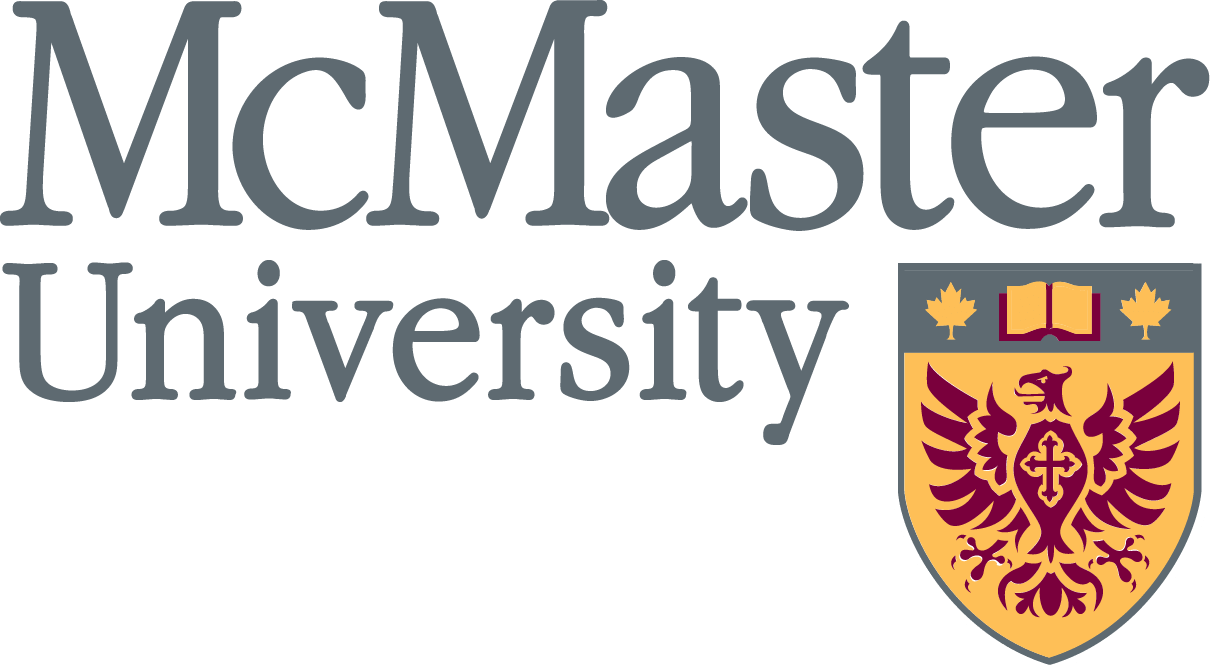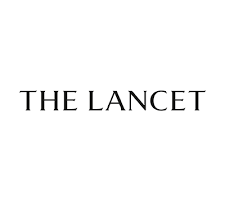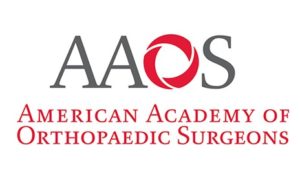Novel educational program improves readiness to manage intimate partner violence within the fracture clinic: a pretest-posttest study
EDUCATE Investigators.

Abstract
Background: Intimate partner violence (IPV) is prevalent among female patients at fracture clinics; however, previous research suggests health care providers (HCPs) are unprepared to identify victims and provide appropriate support. To address this gap in care, we developed an IPV educational program and conducted a study to measure the impact of this program on HCPs’ IPV-related knowledge, attitudes, beliefs and self-reported behaviours.
Methods: We enrolled 140 participants (orthopedic surgeons, surgical trainees, nonphysician HCPs and research and administrative staff) from 7 fracture clinics in North America who completed the 2-hour educational program. We used a pretest-posttest study design to assess knowledge, attitudes, beliefs and self-reported behaviours. We administered the Physician Readiness to Manage IPV Survey before, immediately after and 3 months after training and generated scores for each of the 10 subscales. Our primary outcome was change in score for the actual knowledge subscale from before training to 3 months after training. We used linear regression to conduct all analyses.
Results: We found significant improvement on the actual knowledge subscale 3 months after the training (mean difference [MD] 2.44, 95% confidence interval [CI] 1.79 to 3.09). We found statistically significant improvements on 7 additional subscales 3 months after training (perceived preparation [MD 1.96, 95% CI 1.79 to 2.13], perceived knowledge [MD 2.05, 95% CI 1.88 to 2.23], practice issues [MD 6.10, 95% CI 4.98 to 7.23], preparation [MD 1.06, 95% CI 0.89 to 1.22], legal requirements [MD 1.50, 95% CI 1.30 to 1.70], workplace issues [MD 1.11, 95% CI 0.97 to 1.26] and self-efficacy [MD 0.54, 95% CI 0.45 to 0.63]) and on all 10 subscales immediately after training (actual knowledge [MD 3.35, 95% CI 2.77 to 3.94], perceived preparation [MD 2.06, 95% CI 1.88 to 2.23], perceived knowledge [MD 2.14, 95% CI 1.98 to 2.30], practice issues [MD 4.08, 95% CI 3.35 to 4.82], preparation [MD 1.04, 95% CI 0.89 to 1.20], legal requirements [MD 1.66, 95% CI 1.47 to 1.85], workplace issues [MD 1.08, 95% CI 0.96 to 1.20], self-efficacy [MD 0.56, 95% CI 0.49 to 0.63], alcohol/drugs [MD 0.20, 95% CI 0.10 to 0.30] and victim understanding [MD 0.15, 95% CI 0.04 to 0.25]).
Interpretation: Our educational program led to significant improvements in participants’ readiness to manage IPV. This finding suggests HCPs are better prepared to help patients who experience IPV; however, future research should aim to investigate the impact of this program directly on patients.
Copyright 2018, Joule Inc. or its licensors.
Conflict of interest statement
Competing interests: Anthony Adili, Gina Agarwal, Mohit Bhandari, Deborah Cook, Vanina Dal Bello-Haas, Diane Heels-Ansdell, Samir Faidi, Norma MacIntyre, Paula McKay, Brad Petrisor, Angela Reitsma, Patricia Schneider, Taryn Scott, Patricia Solomon, Sheila Sprague, Lehana Thabane and Andrew Worster report receiving grants from the Canadian Institutes of Health Research and the Hamilton Academic Health Sciences Organization during the conduct of the study. Erin Baker, Richard Buckley, Kayla Cyr, Andrew Furey, Leah Kennedy, Jeremy Hall, Tanja Harrison, Melanie MacNevin, Aaron Nauth, Emil Schemistsch, Prism Schneider, Debra Sietsma and Milena Vicente report receiving a grant from the Hamilton Academic Health Sciences Organization during the conduct of the study. Mohit Bhandari reports receiving personal fees from Sanofi, Pendopharm, Ferring, DJO and Stryker, outside the submitted work. Vanina Dal Bello-Hass reports receiving a grant from the Canadian Institutes of Health Research, outside the submitted work. Aaron Nauth reports receiving personal fees and a grant from Stryker, Smith & Nephew as well as grants from DePuy Synthes, the Orthopaedic Trauma Association, the Canadian Institutes of Health Research, Osteosynthesis and Trauma Care and Physicians’ Services Incorporated, outside the submitted work. Brad Petrisor reports receiving a grant from Stryker, outside the submitted work. Gerard Slobogean reports receiving personal fees from Zimmer Biomet and Smith & Nephew and grants from the Department of Defense and the Patient-Centered Outcomes Research Institute, outside the submitted work. No other competing interests were declared.





